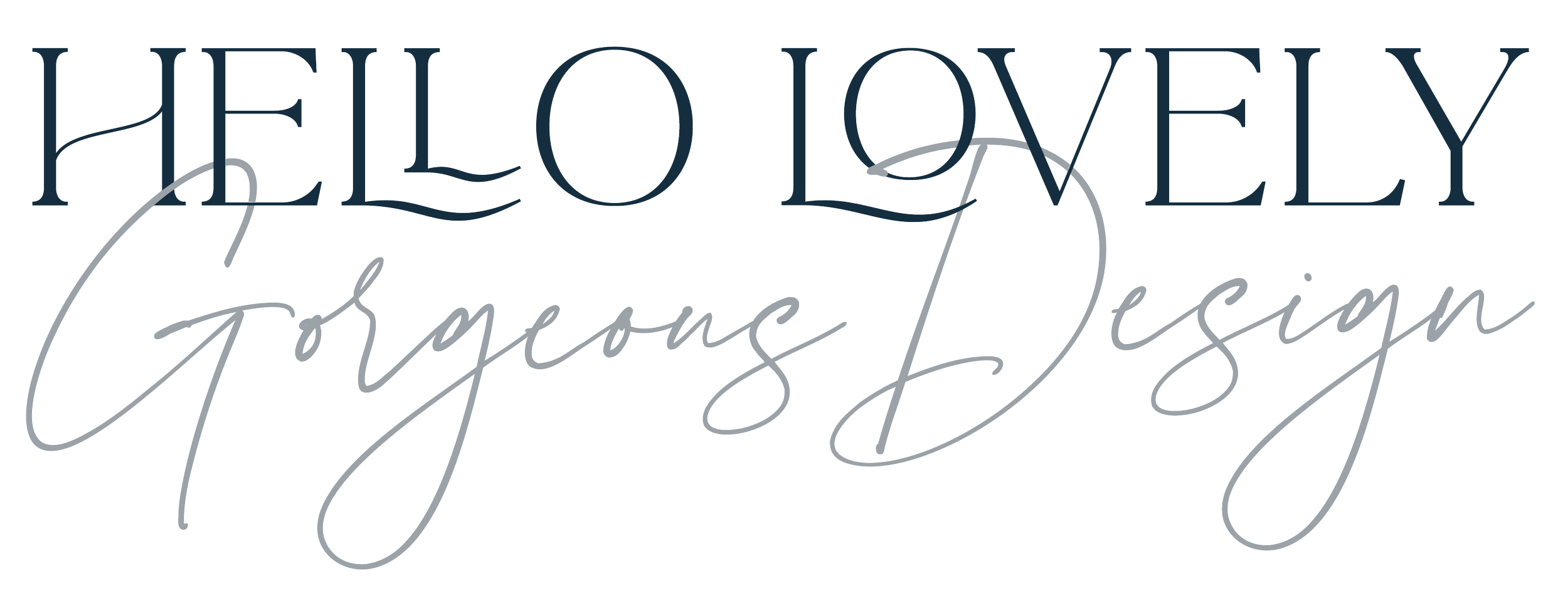A-Z of book publishing: editing
The editor is essential if you want a good read but what does an editor do and why are they different to a proofreader?
Development editors (sometimes referred to as content editors) are often employed by publishing houses either freelance or as paid staff and it's their job to literally develop the manuscript. On a fiction book, they'll look for consistent characterisation, plot holes and a compelling read. In reference and education, they may fact check, ensure the manuscript is accurate and suggest or develop weak language. For the Balsham, a village story title, I acted as the editor and developed the articles, working with the authors to join all the small pieces together into one manuscript.
Copy editors specialise in grammar, punctuation, fact-checking, spelling and formatting. Line editors do a similar job but literally work line by line.
Proofreaders are often confused with an editor and you may well need both. A proofreader will go over the entire manuscript and look for spelling and punctuation errors.
Beta readers are a relatively new role. Almost like a peer review but almost always an avid reader, they can provide customer feedback but do give out a questionnaire so that you can collate specific feedback.
For authors going through a publishing house, you'll have access to professional editors. But it's great to get a freelance editor involved to sniff out the obvious errors before approaching an agent or submitting to a publisher. If the budget is tight, ask a copy editor or line editor to work on the first few pages or 100 lines to give you an idea of what needs polishing. If you need a polish then employ a proofreader.
If you're thinking about self-publishing then I recommend finding a professionally trained line copy editor who has experience in publishing for your market. There are many great copy editors but if you have written a science fiction epic and they are skilled in romance or reference, then they are not the person for you. A poor edit can do more damage. Do be clear on what you want too and don't be offended. Talk to the editor about what you want, what they can provide and what you'll receive. In terms of cost, are they charging per word, per page and do they have a package deal? Know your budget and get the cost upfront and agree on contracts. Get this all sorted out before you send over the manuscript.
Keep in mind that a self-published author is often scrutinised more than an author published by a leading publishing house. It's unfair I know, but many readers have struggled with books riddled with errors and will flame you for an incorrect comma. By self-publishing you lose the defensive walls of the publishing house!
Editors I recommend are:
You can also find editors and proofreaders at the Society for Editors and Proofreaders who offer training to those interested in these skills. I have completed their proofreading training and it's very thorough. Members who reach the SfEP's standards are listed in their directory. This organisation is vital to publishing houses.
Was this useful, let me know on Twitter or Facebook! You can also download my free self-publishing guide when you sign up for my newsletter.
